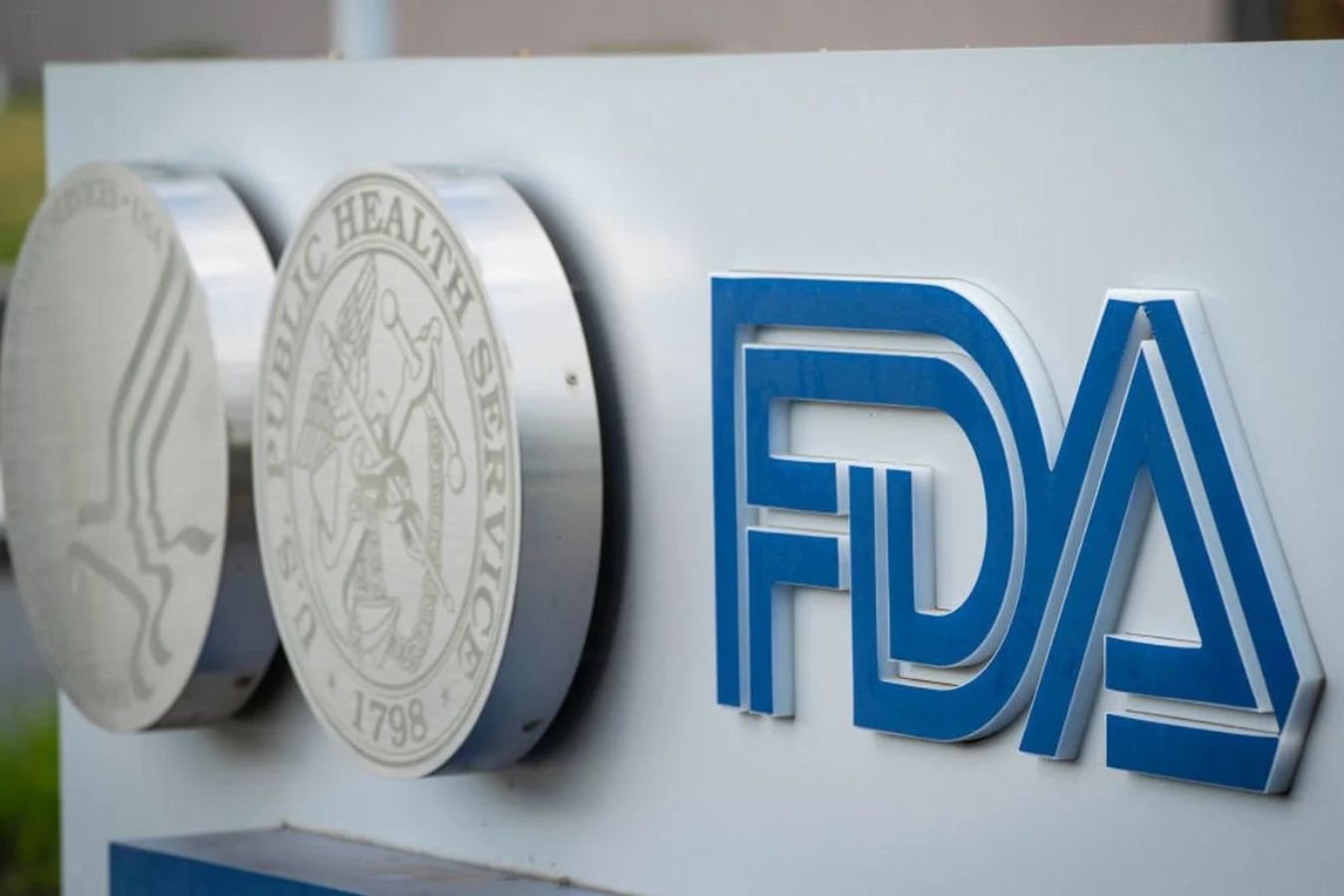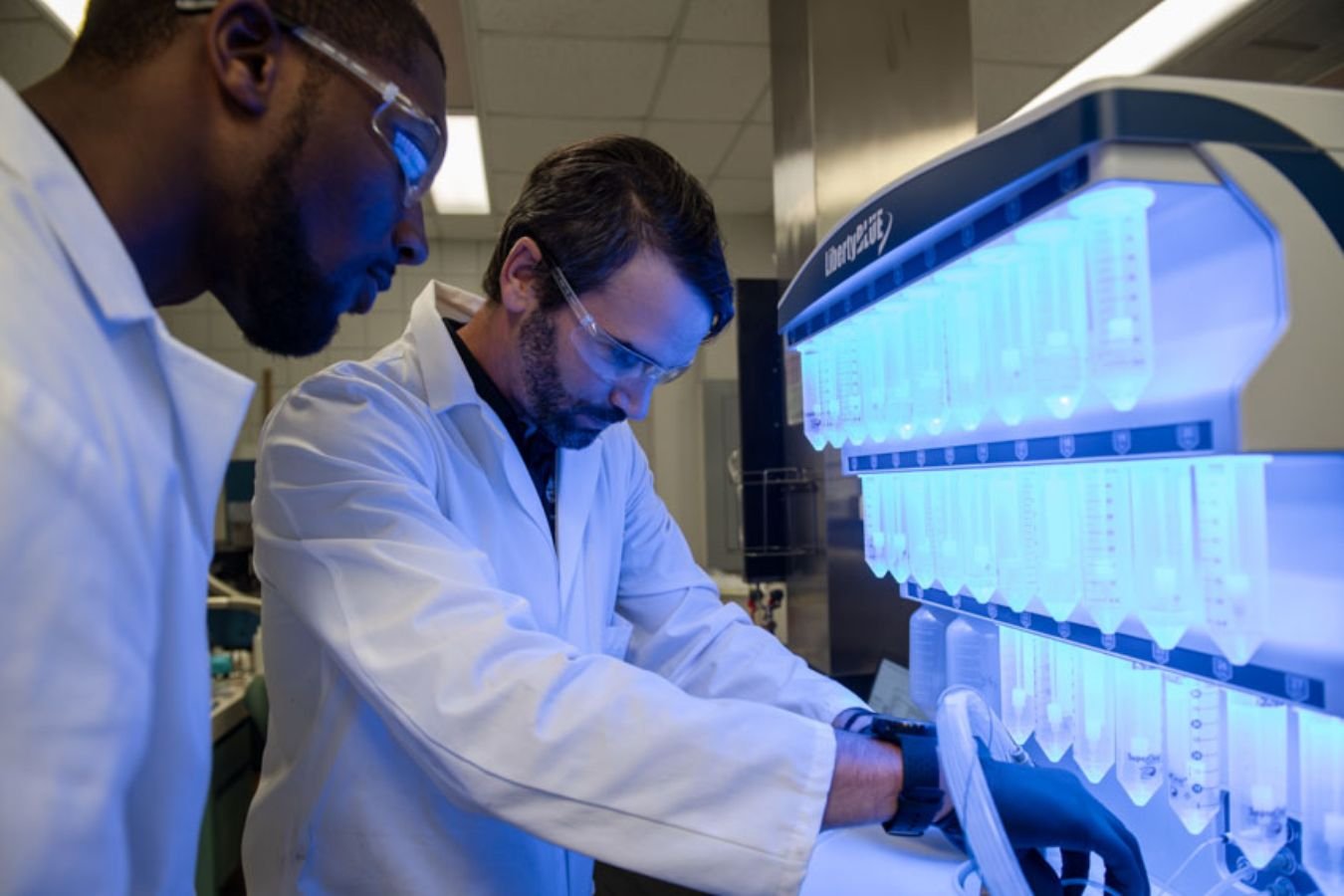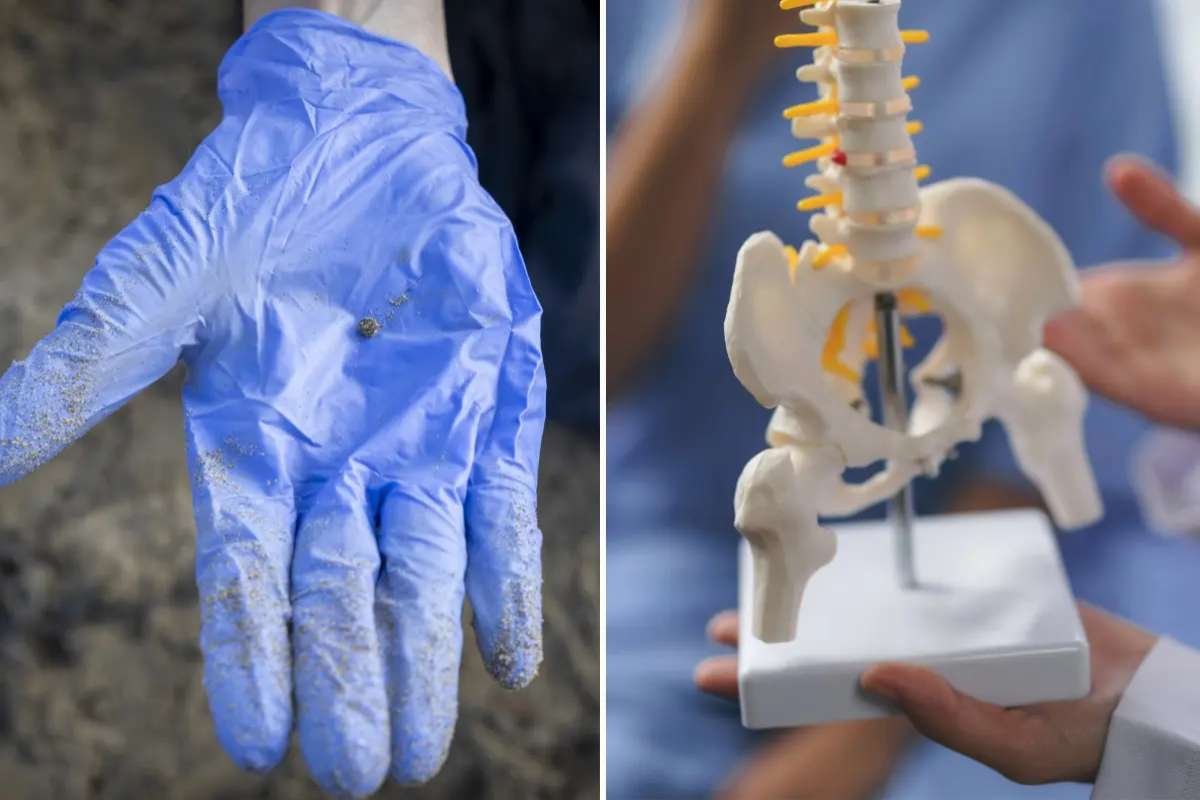1. Title: Mississippi Boosts Biotech Sector with $2.5 Million Research Initiative
Data Collection:
The University of Southern Mississippi (USM) is joining forces with several state institutions in a $2.5 million initiative aimed at advancing Mississippi’s biotechnology sector. This collaborative project will enhance biomaterial research, education, and workforce development, focusing on fostering economic growth and improving healthcare through scientific advancements.
Development:
The grant initiative originated from the University of Mississippi, which identified a critical need to engineer materials for treating immune system-related diseases and injuries. USM will play a key role by developing and testing polymers and materials throughout the grant period. Dr. Tristan Clemons, a Professor at USM’s School of Polymer Science and Engineering and Co-Principal Investigator, is leading the charge. Clemons is enthusiastic about applying polymeric materials to tissue regeneration and drug delivery, emphasizing the project’s potential impact on scientific research.
Key Features:
The Mississippi Nano-bio and ImmunoEngineering Consortium (NIEC) encompasses seven institutions, including Alcorn State University, Jackson State University, Mississippi State University, Tougaloo College, the University of Mississippi, the University of Mississippi Medical Center, and the University of Southern Mississippi. The project is funded by the National Science Foundation’s (NSF) EPSCoR Research Incubators for STEM Excellence (E-RISE) Research Infrastructure Program.
Performance:
Dr. Alex Flynt, Director of the USM Center for Molecular and Cellular Biosciences, anticipates that this project will forge strong scientific partnerships and yield pioneering research. Flynt highlights the initiative’s potential to build a robust scientific community in Mississippi and stimulate a knowledge-based economy, ultimately benefiting the state’s citizens.
Significance:
The E-RISE initiative is poised to create a dynamic network of researchers across Mississippi, accelerating material testing and research. According to Clemons, this collaboration is an excellent opportunity to test materials and push the boundaries of current research.
Conclusion:
The $2.5 million project marks a significant step forward for Mississippi’s biotech industry, bringing together top institutions to drive innovation and economic development in the field of biomaterials and healthcare.
2. Title: Healx Secures $47 Million to Advance AI-Driven Drug Discovery for Rare Diseases

Data Collection:
Healx, a pioneering U.K. startup specializing in AI-based drug discovery for rare diseases, has successfully secured $47 million in Series C funding. The funding round was co-led by Atomico from Europe and R42 from Silicon Valley. The company, founded in Cambridge in 2014 by Tim Guilliams and David Brown, has developed a unique AI platform that integrates public and proprietary data to uncover hidden links between chemical compounds and rare diseases.
Development:
The latest capital injection will accelerate Healx’s Phase 2 clinical trials for its novel treatment targeting neurofibromatosis Type 1 (NF1), a genetic disorder characterized by benign tumor growth on nerves. Healx has reformulated an existing drug, now known as HLX-1502, to address NF1. The drug’s development benefits from prior safety data, which enhances confidence in its reduced side effects. The trials are set to begin later this year, focusing on young adults with inoperable plexiform neurofibromas.
Key Features:
Healx’s innovative approach contrasts with traditional drug discovery methods by analyzing millions of data points to identify new therapeutic connections. The company utilizes AI to match disease biology with suitable chemicals and small molecules, aiming to provide more targeted treatments with fewer side effects compared to conventional cancer therapies. The platform’s success in identifying potential treatments from existing compounds highlights its unique contribution to drug discovery.
Performance:
Despite a challenging funding environment and a 45% reduction in staff last year, Healx’s latest funding round demonstrates strong investor confidence in its technology. The Series C round, although lower than the previous Series B round, reflects Healx’s strategic shift towards cost-effective and efficient operations. The company’s focus on rare diseases and its ability to navigate economic downturns underscore its resilience and adaptability.
Significance:
Healx’s progress is a testament to the growing impact of AI in drug discovery. With the pharmaceutical industry often hampered by high failure rates and lengthy development times, Healx’s data-driven approach offers a promising alternative. The company’s work on NF1 and other conditions exemplifies how AI can drive significant advancements in treating rare and complex diseases.
Conclusion:
As Healx prepares to launch its clinical trials and expand its presence in the U.S., its innovative approach and recent funding position it as a key player in the future of drug discovery. With a solid foundation and a clear focus on leveraging AI to tackle rare diseases, Healx is set to make a substantial impact on the field, paving the way for more effective and less burdensome treatments.
3. Title: Canada Challenges Florida’s Drug Import Plan Amid Concerns Over Supply Disruption

Data Collection:
In response to the recent approval of Florida’s drug importation plan by the FDA, Canada has voiced significant concerns regarding the potential impact on its domestic drug supply. On January 8, 2024, Health Canada released a statement addressing these concerns, emphasizing the nation’s apprehensions about the disruption caused by the importation of drugs from Canada to Florida.
Development:
Health Canada’s statement reveals stringent regulations under the Canadian Food and Drugs Act, designed to prevent the sale of certain drugs outside Canada if it could lead to shortages within the country. This regulatory measure extends to drugs that are part of Florida’s bulk importation plan, as well as any future import programs from other U.S. states, such as Texas or California.
Key Features:
The Canadian regulations aim to safeguard the availability of drugs for Canadian consumers by prohibiting their export if it threatens domestic supply. The statement highlights that the FDA’s approval of Florida’s import plan has triggered a cautious response from Canada, which is determined to ensure that its drug supply remains unaffected by U.S. importation schemes.
Performance:
Despite Florida’s successful navigation through the FDA’s approval process, Canada’s firm stance and regulatory framework could potentially obstruct the implementation of Florida’s import plan. This development underscores Canada’s commitment to protecting its drug supply from international disruptions.
Significance:
The clash between Florida’s import plans and Canada’s regulatory measures signifies a critical moment in cross-border drug trade relations. It raises questions about the future of similar import programs and the potential for additional regulatory challenges if other states pursue similar initiatives.
Conclusion:
Canada’s proactive measures reflect a broader strategy to maintain control over its drug supply chain amidst international trade developments. As Florida moves forward with its importation plan, the resolution of this regulatory standoff will be closely watched, with implications for both U.S. and Canadian drug markets.
4. Title: CHAI Unveils Draft Framework for Quality Assurance in Healthcare AI

Data Collection:
The Coalition for Health AI (CHAI) has introduced a draft framework aimed at setting industry-wide standards for the quality of healthcare AI. This framework seeks to establish a common agreement on responsible AI practices and includes a comprehensive Assurance Standards Guide. The guide features detailed checklists designed for use both by CHAI assurance labs and by companies for internal evaluations. Additionally, the framework will be accessible to independent third-party assessors for external reviews.
Development:
Brian Anderson, CEO and co-founder of CHAI, acknowledges the challenges in reaching a consensus on AI standards. The draft framework, which has been under development for eight months with input from over a hundred contributors, includes technical specifications tailored for various stakeholders, from data scientists to health system executives. It covers six distinct use cases, including predictive electronic health records, imaging diagnostics, and genomics.
Key Features:
The draft framework will undergo a 60-day public comment period via CHAI’s website. Feedback will be reviewed and incorporated into a final version, with ongoing updates planned at least twice a year. Anderson emphasizes that the framework aims to foster transparency and inclusivity in developing responsible AI. It is designed to support both local and external validations and to aid lower-resourced health systems in maintaining algorithm quality.
Performance:
The initiative faces scrutiny, particularly from Republican lawmakers concerned about potential conflicts of interest due to CHAI’s ties with technology companies like Microsoft and Google. Despite this, Anderson asserts that the framework is intended to build a consensus definition of responsible AI rather than serve as government regulation.
Significance:
CHAI’s framework represents a significant step towards standardizing quality assurance for healthcare AI. By incorporating public feedback and maintaining conflict-of-interest-free testing, CHAI aims to enhance trust and accountability in AI applications within healthcare.
Conclusion:
The draft framework by CHAI marks a pivotal moment in the quest for responsible AI standards in healthcare. With a commitment to transparency and stakeholder engagement, CHAI seeks to establish a robust foundation for evaluating and ensuring the quality of AI technologies in the medical field.
- Did you find this news helpful? Visit more of our blogs! The Lifesciences Magazine







